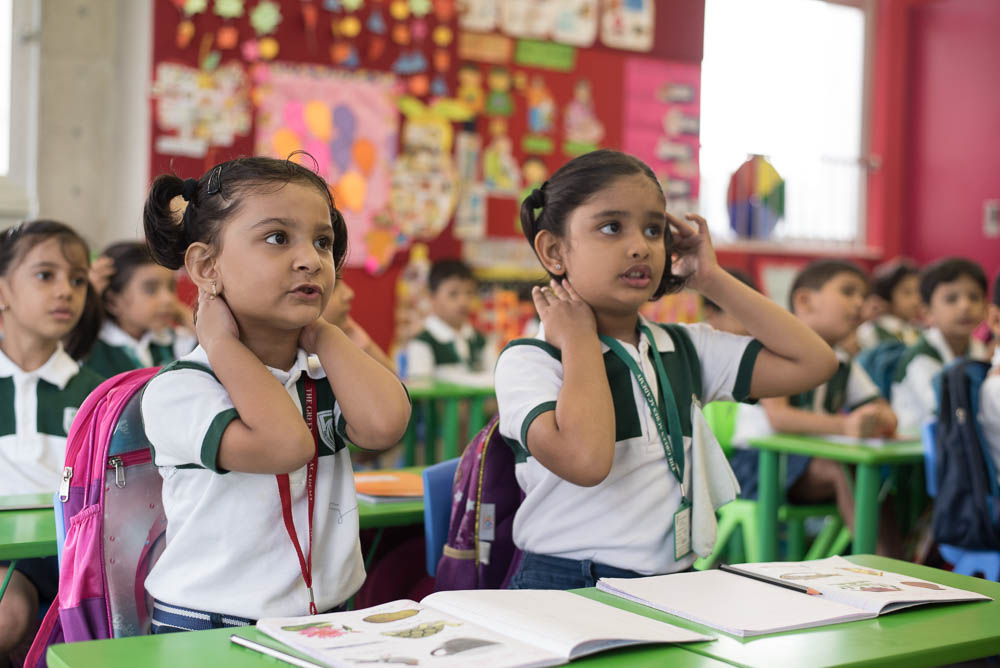A Quick Summary:
As much as you should applaud achievement, the it is important for teachers to also teach students about failure, and why it’s not a bad thing. Schools need to emphasize on how failure is just an opportunity to grow and learn from errors and acceptance of failure is an important step in one’s growth. If children are not taught how to manage failure, they can be overwhelmed with stress and anxiety and will are often unable to cope up with such feelings.
Here are a few ways in which schools can teach students how to deal with failures in a healthy way:
- Empathy: Acknowledgement of the student’s disappointment over their failure is important. Letting them know that you realize how important this was to them enforces trust and validation.
- Learn and Grow: Teach children to view failure as a chance to improve and learn from. Work with the student and let them analyse what they did wrong, and how they would do things differently the next time.
- Encouragement: Always push students to take risks and explore newer paths, those they may not necessarily be good at. Be there for them when they fall, and help them understand why it is okay that they can’t excel at everything.
- Set Realistic Goals: Introduce exciting situations to them as possibilities rather than guarantees. Present both sides of the coin, so the child is prepared for any outcome without being upset about it.
Schools bear the responsibility of encouraging them to enter unknown territories, but also teach them to not lose focus if things don’t go their way. Students will take these values into adulthood, when faced with bigger challenges and failures.
This blog was published here:
Scroll below to read the full piece.
Failure is not always a bad thing. In fact failure should be used as an opportunity to teach children that they can learn and grow from it. Competition in schools, and later in the real world, can have an adverse effect on children, which is that when they fail at a task, they are unable to cope with the anxiety that comes with it. Which is why it is becoming increasingly necessary for schools to teach students how to accept their failures and even in fact that they can benefit from them.
A child who is not able to appropriately balance the negative feelings that come with not having achieved their task, or failing at a task, will be filled with stress and anxiety. And oftentimes these feelings lead to children either acting out or worse, giving up on it. Which is why schools should instill values of resilience and perseverance in the kids.
- A FEW WAYS IN WHICH SCHOOLS CAN ACHIEVE THIS ARE:
Connect and encourage the child – Instead of a quick response like “It’s ok, you can do better next time”, try a more empathetic approach “I know how much this meant to you”. Acknowledging that the child is feeling angry and disappointed is a very important step. Do not invalidate the child’s feelings or emotions. - Use it as a teaching moment – Every failure should be seen as opportunity to learn and problem solve. Ask the child if there was something they could have differently, maybe studied a little harder for an exam, or put in a little more practice before a match, or something else. Give the child the chance to come up with his own list of possible solutions to what he/she things can be differently to result in a more satisfactory outcome.
- Encourage students to try new things – Children will naturally do things that they are good at and which gives them gratification. Encourage students to try something new and unknown to them, something they may not excel at. It’s important for children to learn that there are few things that they may not be good at, and that it’s ok to not be good at everything. Encourage effort just as much as you encourage success.
- Manage expectations and set realistic goals – There will always be a situation where a trip gets cancelled or a specific toy the child wanted may not be available. Instead of guaranteeing things to children, they should be presented as possibilities. That way the child’s anticipation and eagerness is within manageable limits and the child can understand and minor setbacks and disappointments are a part of life.
There is of course a fine line between parents and teachers helping students the correct amount and aiding in them in doing things themselves which they may not have been able to otherwise, and helping them too much where they learn that others will just do the tasks for them. Schools need to have just the right balance which will help students take on new endeavors and overcome obstacles and yet, not be derailed when a situation turns out differently that they had managed.
(This article is written by Rohan Parikh, Managing Director of The Green Acres Academy for India Today here.)

